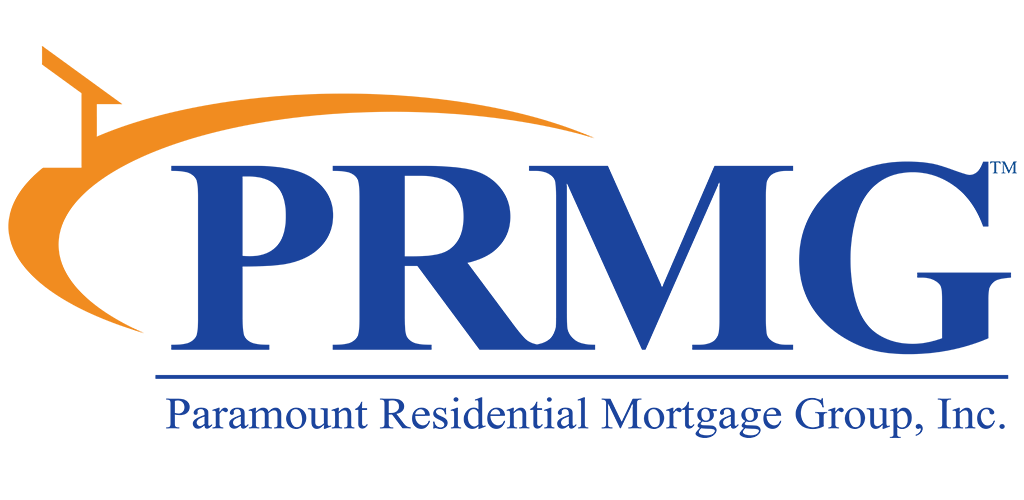
REVERSE MORTGAGE LOANS
GET PRE-QUALIFIED NOW!
WHAT IS A REVERSE MORTGAGE?
A Reverse Mortgage is a safe loan program solution that allows homeowners 62 years or older to pay off their existing mortgage(s), if they have one, and gain access to the equity they’ve worked hard to build in their home. The most common type of reverse mortgage is known as a Home Equity Conversion Mortgage, or HECM for short. HECM’s are a loan program provided to eligible borrowers via the Federal Housing Administration. These loans are highly regulated, federally backed, and insured. With a reverse mortgage, any money left after paying off their existing mortgage is available to use as they see fit. Borrowers can receive monthly payments, a lump sum, or a line of credit that they can use to pay for living expenses or other financial needs. Unlike a traditional mortgage, borrowers do not make monthly payments towards the loan*, but instead, the loan balance increases over time as interest accrues.
To qualify for a reverse mortgage, borrowers must be 62 years or older, own their home outright or have a low mortgage balance that can be paid off with the reverse mortgage proceeds, and live in the home as their primary residence. Additionally, borrowers must also complete the required reverse mortgage counseling with an approved counseling agency as well as a financial assessment to confirm their ability to maintain obligations of the loan. These obligations include, but are not limited to, the borrower’s ability to continue paying the property taxes, insurance(s), homeowners association dues (if applicable) and regular maintenance and upkeep.
The amount of equity that a borrower can access through a reverse mortgage depends on several factors, including the borrower’s age, the value of the home, and current interest rates. The loan balance must be repaid when the borrower(s) dies, sells the home, or no longer uses the home as their primary residence. Eligible non-borrowing spouses can even continue living in the home and accessing benefits as long as they meet their specific loan’s obligations, such as property maintenance, taxes or related expenses.
As a lender, PRMG offers reverse mortgages to eligible borrowers. Our team can provide information and guidance on the reverse mortgage process, including the loan amount a borrower may qualify for, interest rates, and loan fees. We can also explain the pros and cons of a reverse mortgage and help borrowers determine if it’s the right financial option for their needs. With a HECM from PRMG, eligible borrowers can access the equity in their homes and receive financial flexibility and support throughout their retirement years.
*Borrower must maintain financial liability for property taxes, insurance, HOA & COA fees, upkeep and maintenance.
Why should you consider a reverse mortgage?
Are you a homeowner looking to supplement your retirement income? If so, a reverse mortgage may be the solution for you. This type of mortgage provides eligible homeowners with the ability to access the equity in their homes without having to make monthly payments on the loan. Here are some of the benefits of securing a reverse mortgage:
- Increased Financial Stability During Retirement: A reverse mortgage provides a reliable source of income for retirees who may be struggling to make ends meet with just their retirement savings. The loan proceeds can be used to cover monthly expenses, medical bills, and other necessary costs.
- No Monthly Payments: With a reverse mortgage, borrowers do not have to make monthly payments on the loan. The loan is repaid when the borrower moves out of the home or passes away.*
- Flexible Use of Funds: The loan proceeds can be used for anything the borrower chooses, whether it’s paying off existing debts or investing in a new venture.
- Minimal Income and Credit Requirements: Unlike traditional loans, a reverse mortgage has minimal income or credit requirements, making it easier for eligible homeowners to qualify.
At PRMG, we understand that each homeowner’s financial situation is unique. That’s why we offer a variety of reverse mortgage options to meet your specific needs. Our team of Home Mortgage Professionals are here to guide you through the process and answer any questions. If you’re interested in learning more about how a reverse mortgage can benefit you, click below to get started.
*Borrower must maintain financial liability for property taxes, insurance, HOA & COA fees, upkeep and maintenance.
What are the Advantages of a Reverse Mortgage?
Variable Payout Options
ENJOY THE FLEXIBILITY OF A VARIETY OF PAYOUT OPTIONS INCLUDING LOC, Tenured or A Lump Sum Payment
Pay Off an Existing Mortgage
with no monthly mortgage payments*
*Borrower must maintain financial liability for property taxes, insurance, HOA & COA fees, upkeep and maintenance.
Gain Access to USEABLE CASH
With the option to receive a Line of Credit
Growing Line of Credit
Cash set aside that’s accessible when you NEED IT
considered a Non-Recourse Loan
Federally Insured, Low Risk Program. Never Owe More than Property’s Worth.
NO MONTHLY Mortgage Payments
Borrower must maintain financial liability for property taxes, insurance, HOA & COA fees, upkeep and maintenance.
Easy Qualifying Process
Minimal Income and Credit Scores Are Required
*Borrowers Subject to Financial Assessment Process
CONTINUE LIVING in Your Home
Age comfortably in Place in your own home
WHAT IS a reverse REFINANCE?
A Reverse Refinance, also known as a HECM to HECM Refinance, provides homeowners with the option to refinance their existing Home Equity Conversion Mortgage (HECM) loan into a new reverse mortgage loan. By paying off an existing HECM mortgage using the reverse mortgage program, eligible borrowers can even choose to refinance into a new reverse mortgage loan with no monthly mortgage payments required!* This financial strategy allows borrowers to unlock a range of benefits that can optimize their retirement planning, improve cash flow, and enhance their overall financial well-being. Check out how eligible borrowers might benefit from a Reverse Refinance:
- Home Appreciation: Over time, homes typically appreciate in value, leading to an accumulation of additional equity. Through HECM to HECM refinancing, homeowners can tap into this increased equity and access a larger pool of funds. This expanded borrowing capacity enables borrowers to pursue various financial objectives, such as home improvements, debt consolidation, or funding retirement plans.
- Greater Access to Equity via FHA’s Newest Lending Limit: The Federal Housing Administration (FHA) periodically adjusts the lending limits for reverse mortgages. In 2023, this lending limit increased nationally to $1,089,300. By refinancing, borrowers may take advantage of the updated lending limits, allowing them to access more equity in their homes and potentially increase their available loan proceeds.
- Potential Rate Benefits: Refinancing an existing HECM loan provides an opportunity to take advantage of potential rate benefits. If market conditions have resulted in lower interest rates since the initial HECM loan was obtained, refinancing can provide a chance to secure a new loan at a more advantageous rate, reducing interest expenses over time.
- Program Changes: The reverse mortgage landscape is continually evolving, with program changes and enhancements aimed at better meeting eligible borrowers’ needs. Through a reverse mortgage refinance, homeowners can explore and potentially benefit from these program changes, such as updated loan terms, features, or borrower protections.
- Add a Spouse to the Loan: In some cases, borrowers who already have a current HECM Loan may want to add their spouse to the loan. Refinancing offers an opportunity to include a spouse who was not originally listed on the loan, providing both partners with the benefits and protections of a reverse mortgage.
- National Lending Limit Increase: The FHA determines the national lending limit for reverse mortgages. If the lending limit has increased since the initial loan was obtained, refinancing allows borrowers to access a larger loan amount, providing more financial flexibility and opportunities.
*Borrower(s) must reside in-home as their primary residence. The property taxes, insurance(s), homeowner’s association fees (if applicable) must remain current and upkeep must be maintained. Repayment is not required until the last remaining borrower (or eligible, non-borrowing spouse) no longer resides in the home. Reverse mortgage is a mortgage loan and proceeds are not considered income. Consult your financial advisor.
